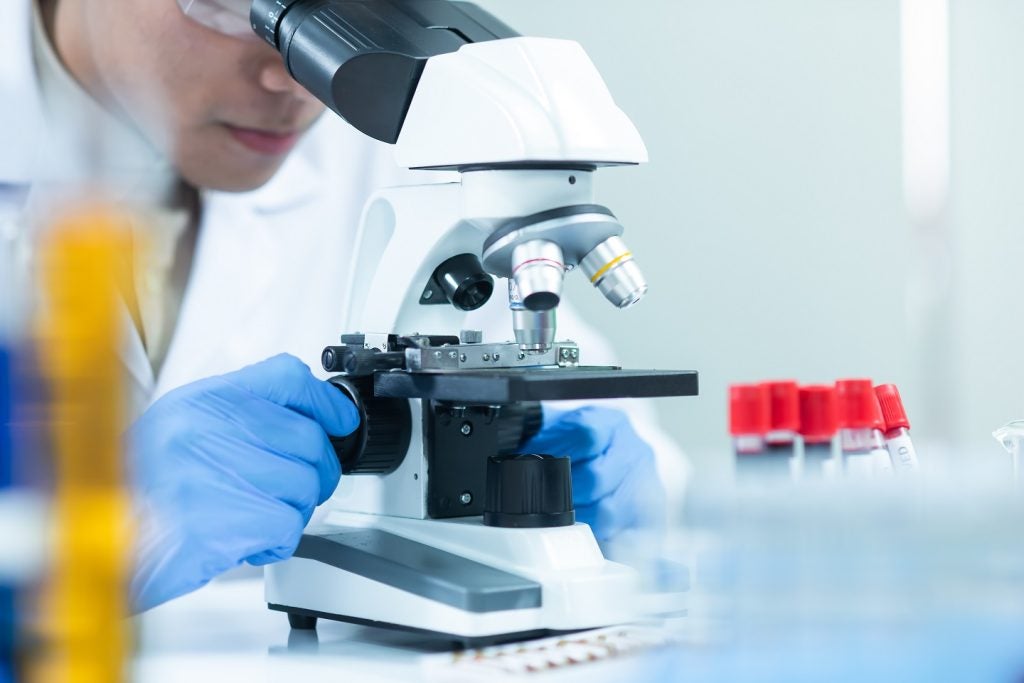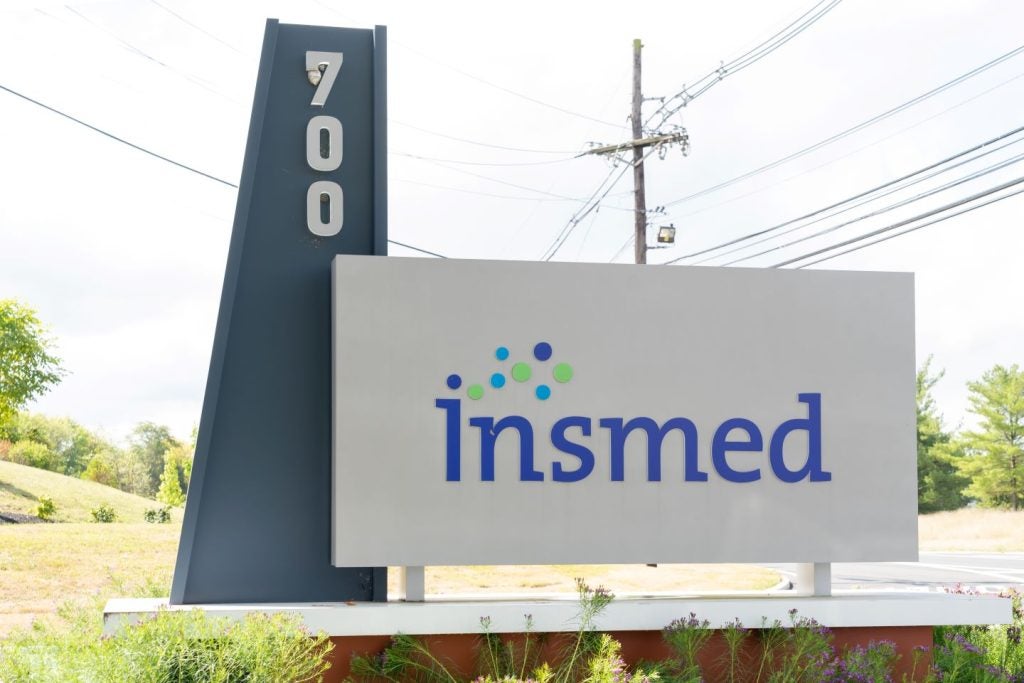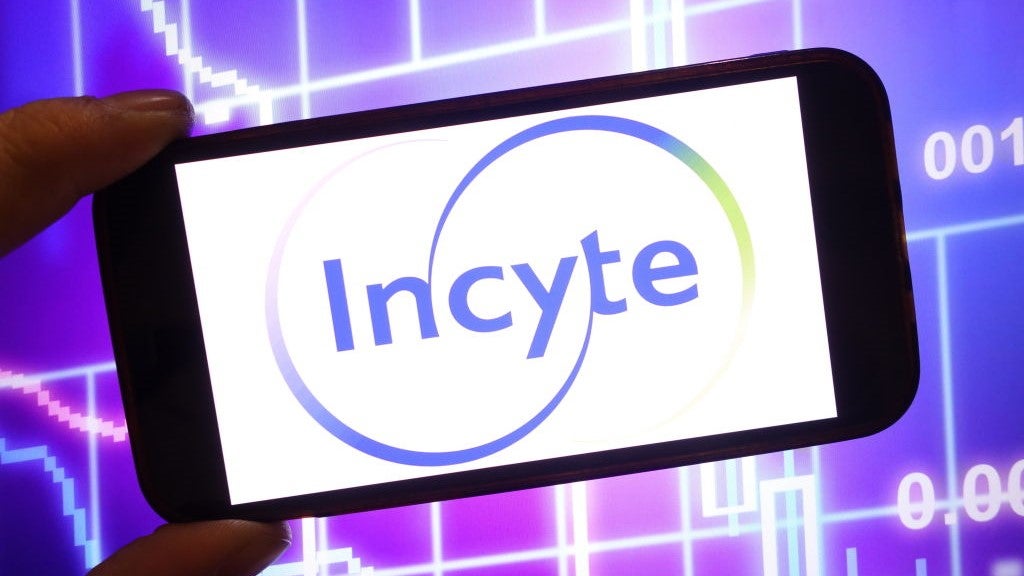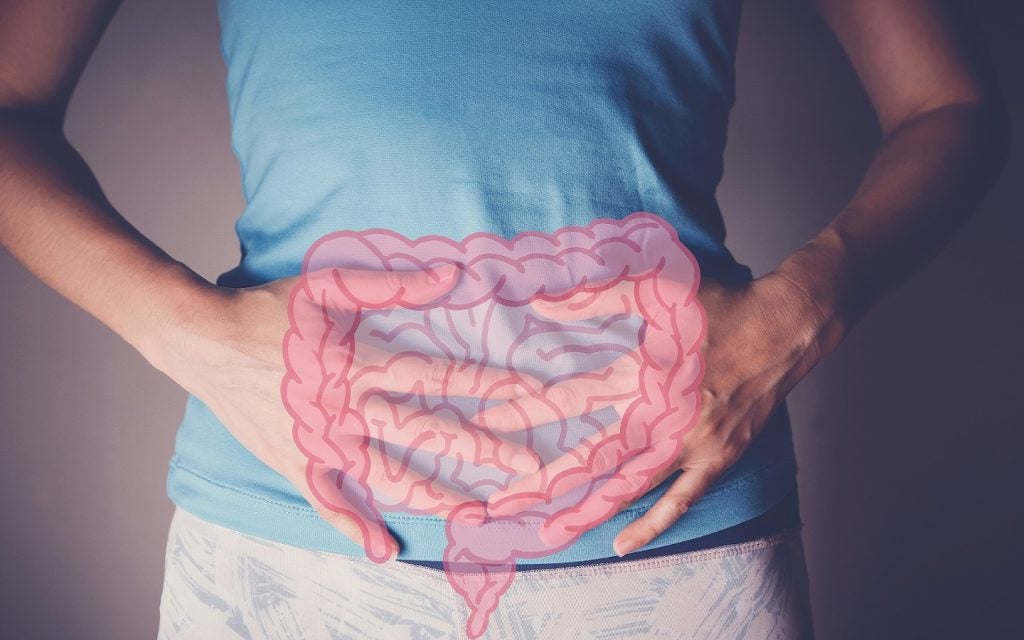Be Biopharma has secured $92m in a Series C financing round to advance its clinical programmes for haemophilia B and hypophosphatasia.
New investor Nextech participated in the round, which also received contributions from current investors such as Bristol Myers Squibb, ARCH Venture Partners, RA Capital Management, Atlas Ventures and Alta Partners.
The funds will be directed towards generating clinical proof-of-concept for the company’s B cell medicine (BCM), BE-101, in the BeCoMe-9 Phase I/II trial underway for individuals with haemophilia B.
The proceeds will support the advancement of BE-102, a treatment for hypophosphatasia, into clinical testing.
Both programmes are underpinned by the company’s BCM product platform.
The company has also announced that Melissa McCracken from Nextech, a Switzerland-based venture capital firm, will join the board of directors of Be Bio.
Be Bio CEO Joanne Smith-Farrell stated: “With this funding in hand, we are well-equipped to advance our two lead programmes and solidify our position as a multi-programme, clinical-stage company.
“We are on track to demonstrate clinical proof-of-concept for BE-101 in haemophilia B this year. Additionally, BE-102 is poised to enter the clinic next year, potentially demonstrating BCMs’ potential to become a new gold standard in enzyme replacement by providing hypophosphatasia patients with a transformative new option.”
BE-101 is designed to continuously express active Factor IX (FIX) following a single infusion. The US Food and Drug Administration granted investigational new drug clearance in May 2024 followed by fast track status in September.
Another BCM targeting hypophosphatasia (HPP), BE-102 leverages artificial intelligence-guided protein design for modifying primary human B cells to produce the alkaline phosphatase enzyme, which is deficient in individuals with HPP.
















